23h TIKTOK ReelStream of an Echo Chamber: "You think you fell out of a coconut tree?"
- s myselle

- Nov 4, 2024
- 6 min read

Since February 2024, I collected almost 4000 Videos of the political campaigns of my Youtube and Tiktok Feeds. The Live Stream shows what an Echo Chamber looks like, when you get only one side of the story presented.
Explore the live stream of the 23h-Democrats Echo Chamber here: https://www.youtube.com/live/oE26iJ8t_QM

On November 3, I watched "How to Build a Truth Engine" (Thank you Mark Pfeiffer) by Friedrich Moser (Congratulations again to this great and so important work.)
On November 4, the article "Gefahr für die Demokratie" (Danger to democracy) went to the Newspaper (Thank you for the interview Philipp Stewart).
On November 5, we will see the outcome of this meme-war like election campaign and its results.
To sum it up:
In July 2024, I stumbled upon the meme "You think you just fell out of a coconut tree?" - that supported the newly announced president candidate Kamala Harris.
During that time I have already collected and figured out that Youtube Shorts predominantly offered me right-conservative content, favoring Donald Trump, Jordan Peterson, put Andrew Tate in a brighter light, and presented me Candace Owens when she got celebrated by "destroying" woke people. My Youtube subversively showed me more and more of that special kind of content. More, because I watched every single video that was presented, more "Bro" content. For some reason, Youtube does not consider me as a female, so no make-up tutorials for me.
In the end I collected over 5500 Videos of my Youtube Shorts and Tiktok Feeds. Each video I was looking at was collected and saved or downloaded (when the system allowed it to).
This stark contrast led me to explore the deeper mechanics behind our digital experiences, and I started saving and collecting all these short playlists. No matter where I travelled, this kind of content popped up almost every time I got on those feeds. When I tried to find out who was behind these channels, it was hardly a person - most of them seemed to be automated machines targeting me.
Nothing I could do changed that phenomenon No matter where I travelled, this kind of content popped up almost every time I got on those feeds. When I tried to find out who was behind these channels, it was hardly a person - most of them seemed to be automated machines targeting me.- I got trapped in Echo Chambers.
Youtube Playlists: + 4.500 Videos (February - November 2024)
But what or who is behind all that and why do I think it is very concerning, when misleading political content is subversively mixed in social media feeds?
Did Someone Hack Society?
Throughout history, technology has often been used as a powerful tool of influence, e.g. from the strategic control of radio, news and film by the Nazis to the far-reaching impact of Gutenberg's printing press in shaping public opinion with the Bible and the "Malleus Maleficarum".
Today's recommender algorithms on platforms like TikTok and YouTube work in even more sophisticated ways, curating our content and creating echo chambers using our previously harvested data. The result are digital content bubbles, reinforced by psychological theories such as Social Identity Theory, where we cluster around like-minded people, reinforcing our echo chambers.
Cognitive dissonance theory explains our discomfort with contrasting information, pushing us further into familiar digital territory. Social Comparison Theory suggests that we measure our worth by others, leading us to align with groups that validate our identities. This creates a bandwagon effect where popular ideas quickly gain traction, feeding echo chambers. The Illusory Truth Effect intensifies this, as repeated exposure to certain narratives makes them feel like common knowledge, influencing our beliefs and construct a new concept of reality even offline.
Moreover, different platforms fuel particular political and social ecosystems. While my TikTok leans left, YouTube leans right, and Instagram and Facebook often present a sanitised reality. X (formally known as twitter) was merely looked from the Elon Musk perspective and in the end turned into a Squirrel Meme, very often accompanied with weapons. This difference subjects the western societies to an increasingly polarized discourse, which splits our understanding of the truth in different ways. Pushed and supported by the relentless drive of the technology behind the digital marketing machine, profit takes precedence over ethics, reducing us to data points and steering society towards unchecked consumerism and a vulnerable situation which is assumed to ruin democracy.
Random Screenshots of the last days before the election. Starting from Elon Musk's account.
In this overwhelming digital playground, the ability to separate fact from fiction requires critical thinking and media literacy. Younger generations in particular are at risk of accepting curated realities as truth. The value of a wide range of diverse and trustworthy media is crucial to forming well-rounded opinions. Because radical constructivism teaches us that our reality is shaped by our perceptions, which are heavily influenced by the content we consume. In our digital media age, this means that our understanding of the world is increasingly influenced by staged digital narratives, often without us being aware of it.
In addition, the blurring lines between human- and machine-generated content challenge our beliefs about authenticity. Generative AI has radically revolutionized content creation, making it increasingly difficult to distinguish reality from fake. Does this highlights the need for systems such as blockchain, or a truth engine, to verify what is true in our digital engagements?
How Real Is the Digital Reality?
We've already entered a world where the lines between fact and fiction are blurred, not unlike Orwell's 1984. The internet, once a playground for freedom of expression and information, now feels more like a battleground where truth is the sacrifice.
Generative AI, algorithmic echo chambers and targeted misinformation campaigns are not just glitches in the system - they are strategic tools. If confusion is the goal, then the architects of this digital chaos have succeeded. Because we have reached a point where verifying the authenticity of what we see, hear and even believe has become almost impossible. The result? A deeply divided society, unsure of what to trust.
So, what does this mean for us - and for the internet? In our desire for ultimate connectivity, have we finally killed the very thing that should unite us? If we can no longer distinguish between truth and fake, has the internet become obsolete, serving only as a vehicle for manipulation? The idea that we're living in a reality where emotionalizd falsehoods carry equal, if not greater, weight than facts feels like we're witnessing the slow, self-inflicted collapse of the internet.
But there's a deeper concern: what comes next? If the internet as we know it collapses under the weight of its contradictions, what's left? Will it pave the way for a new system of control, one that thrives on division and misinformation?
One thing seems certain: if we continue blindly down this path, we might reach a point where we can't undo the damage. Do we have the will to save the truth and democracy?
s.myselle // Vienna, 04.11.2024
(Whoever will win the truth seems to be lost.)
Links:
Method:
From July 21 until October 30, 2024, I watched and saved every reel related to presidential election content. The reels were collected and saved from what TikTok offered me in the "For You" section. I got hooked on the "You think you just fell out of a coconut tree" meme that kept popping up in my feed.
My findings showed that, out of 1,000 reels, only one wasn’t not in favor of Kamala Harris.
This experiment demonstrates just how difficult it is to get an objective point of view—no matter which political side you’re on. Naturally, my feed turned into offering me more of the same of what the algorithm understood I liked and engaged with.
Personally, I prefer pro-Harris content, but I was disturbed by what I learned about the Republicans and the 2025 plan. How much is true, and how much is taken out of context? s.myselle, 2024 Follow me:
PS: My dopamine-soaked brain is slowly recovering. The reel consumption was quite an experience in itself.
Further links: Inside Trump’s Truth Social Conspiracy Theory Machine
An analysis of Donald Trump’s Truth Social posts reveals the paranoid and unfounded content the former president creates and amplifies each day. https://www.nytimes.com/interactive/2024/10/29/us/politics/trump-truth-social-conspiracy-theories.html
The Rise and Fall of the Mainstream Media



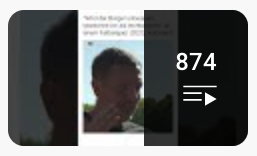
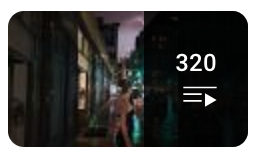
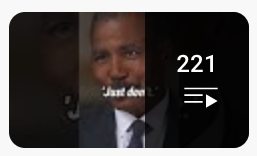
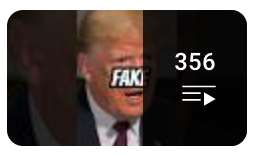
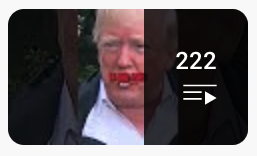

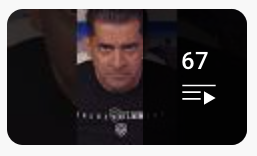

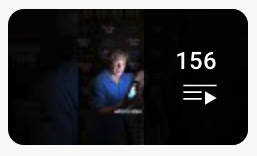
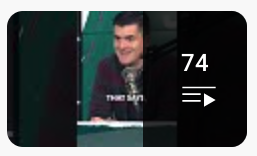
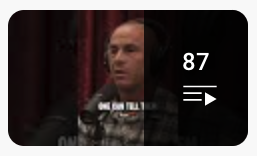

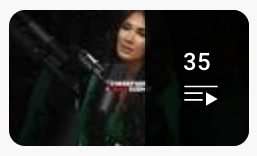
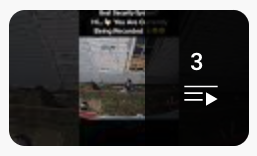
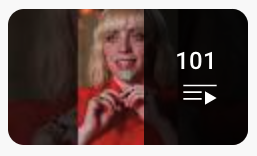
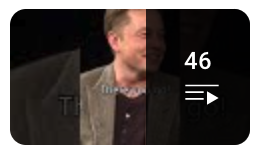
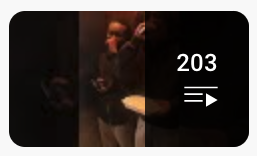

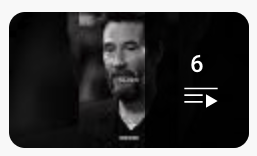
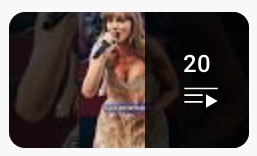
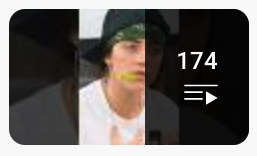
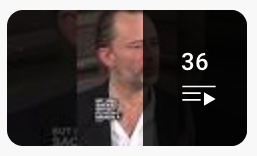
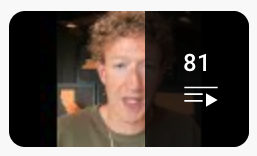
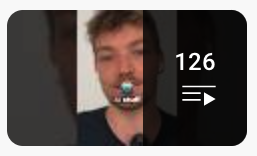
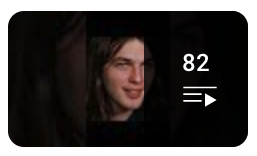
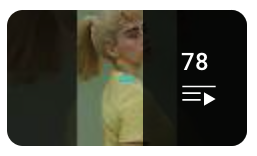
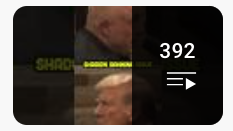
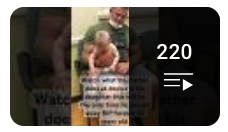
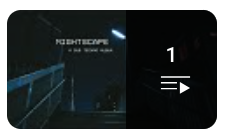

![R.U.R. [A DECENTRALIZED AI FILMPRODUCTION]](https://static.wixstatic.com/media/7caa2c_2a75eae080cd4366be51af8f1c43ebf0~mv2.png/v1/fill/w_980,h_551,al_c,q_90,usm_0.66_1.00_0.01,enc_avif,quality_auto/7caa2c_2a75eae080cd4366be51af8f1c43ebf0~mv2.png)
